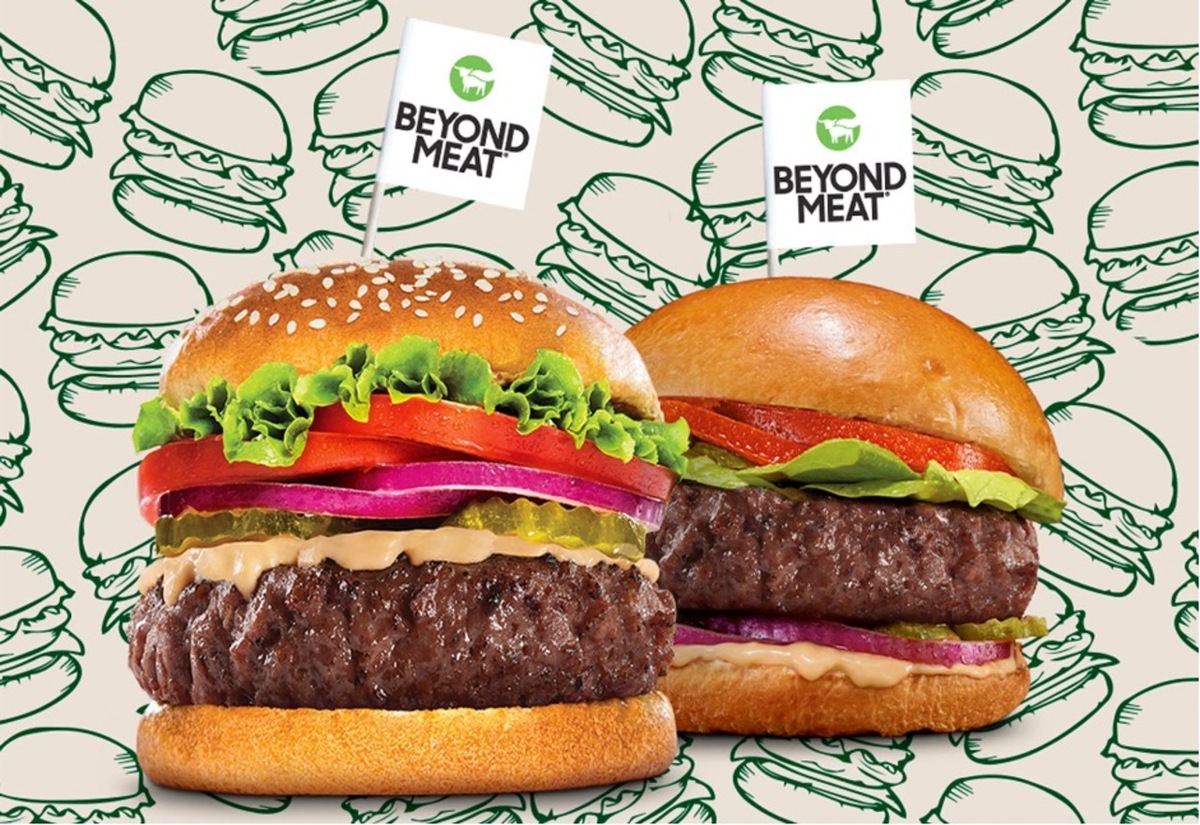How the sausage gets made: an Australian debate
Laura Williams
09 October 2021, 6:36 AM
 There’s no great debate that Australians take their meat seriously, but when a national inquiry delved into the definition of meat following the rise of plant-based alternative, opposing sides heated up quickly.
There’s no great debate that Australians take their meat seriously, but when a national inquiry delved into the definition of meat following the rise of plant-based alternative, opposing sides heated up quickly. An inquiry into definitions of meat and other animal products was sparked by accusations that labelling plant-based protein alternatives as meat or milk is misleading to consumers.
Public hearings of the Senate inquiry saw a passionate debate between vegans, animal activists, and farming advocates arguing their case on what products on the supermarket shelf should look like.
The inquiry was launched in June by Queensland Senator Susan McDonald, a former butcher-shop owner.
A NSW Farmers Association submission formed part of the inquiry, recommending that images of animals should be prohibited on alternative protein labels, and those labels should bear a clear statement declaring it is not “meat” or “milk”.
NSW Farmers and other agriculture advocates have based their argument on the premise that anything else is confusing for customers.
“When you hear the word ‘meat’, you think cow or sheep or chicken,” said NSW Farmers President James Jackson.
In opposition, vegan and animal activists have argued that the proposed regulation is no more than a defence from farmers to avoid product competition, ‘threatened’ by the growth of the plant-based industry.
Vegan Australia director Greg McFarlane labelled the inquiry an “unfair attempt by the animal industries to ensure their market dominance”, rejecting calls to ban the terms.
Under the proposal, vegan food labelling would be banned from using phrases such as ‘meat-free mince’, ‘sausage made with plants’ and ‘vegan bacon’.
Vegan Australia suggested that the current consumer laws are adequate, and any change would call for a reassessment of many more food groups.
At the Senate hearing into the labelling of plant-based alternative products, Mr McFarlane said “the food code takes into account the context of labelling. For example, a confectionary product can be labelled ‘bananas’ even though it contains no bananas. Ginger beer is not considered a beer. Soy milk and soy ice cream are not considered dairy products.”
Mr Jackson said that while there is room for alternative proteins, the word ‘meat’ should be protected.
“We believe there is room in the marketplace for both animal and plant-based proteins, but there needs to be clear labelling in place,” Mr Jackson said.
Mr Jackson hopes that alternative proteins will contribute to the ambitious $30 billion by 2030 goal for the agriculture sector, creating opportunity for grain and horticulture producers to feed into the protein market. Yet he is adamant that distinction between the two is crucial.
“We must remember that demand for our world-class Australian meat both here and abroad is very strong, and we need to protect that reputation that has been built on by the R&D and marketing that industry and government has paid for,” Mr Jackson said.
Submissions for the inquiry into definitions of meat and other animal products have closed, with findings and recommendations to be handed down